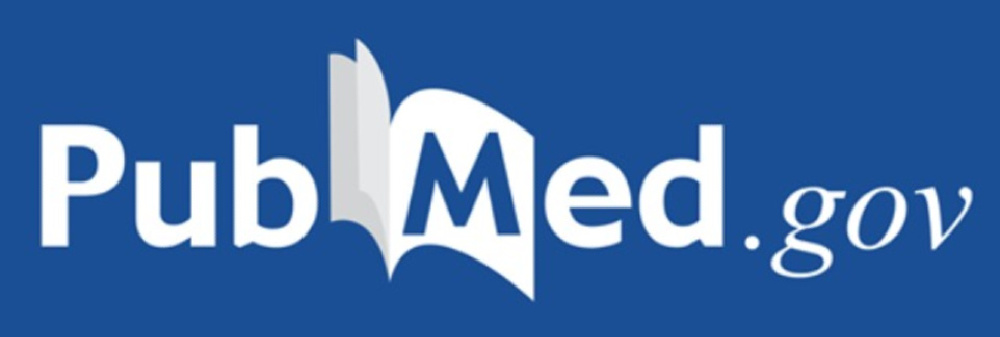- PMID: 33194003
- PMCID: PMC7641267
- DOI: 10.1155/2020/4587024
Abstract
A large number of cannabinoids have been discovered that could play a role in mitigating cardiac affections. However, none of them has been as widely studied as cannabidiol (CBD), most likely because, individually, the others offer only partial effects or can activate potential harmful pathways. In this regard, CBD has proven to be of great value as a cardioprotective agent since it is a potent antioxidant and anti-inflammatory molecule. Thus, we conducted a review to condensate the currently available knowledge on CBD as a therapy for different experimental models of cardiomyopathies and heart failure to detect the molecular pathways involved in cardiac protection. CBD therapy can greatly limit the production of oxygen/nitrogen reactive species, thereby limiting cellular damage, protecting mitochondria, avoiding caspase activation, and regulating ionic homeostasis. Hence, it can affect myocardial contraction by restricting the activation of inflammatory pathways and cytokine secretion, lowering tissular infiltration by immune cells, and reducing the area of infarct and fibrosis formation. These effects are mediated by the activation or inhibition of different receptors and target molecules of the endocannabinoid system. In the final part of this review, we explore the current state of CBD in clinical trials as a treatment for cardiovascular diseases and provide evidence of its potential benefits in humans.
Copyright © 2020 J. A. Garza-Cervantes et al.
Conflict of interest statement
The authors declare no conflict of interest.
Similar articles
-
Cannabidiol attenuates cardiac dysfunction, oxidative stress, fibrosis, and inflammatory and cell death signaling pathways in diabetic cardiomyopathy.J Am Coll Cardiol. 2010 Dec 14;56(25):2115-25. doi: 10.1016/j.jacc.2010.07.033.PMID: 21144973 Free PMC article.
-
Cannabidiol for neurodegenerative disorders: important new clinical applications for this phytocannabinoid?Br J Clin Pharmacol. 2013 Feb;75(2):323-33. doi: 10.1111/j.1365-2125.2012.04341.x.PMID: 22625422 Free PMC article. Review.
-
The Effects of Cannabidiol, a Non-Intoxicating Compound of Cannabis, on the Cardiovascular System in Health and Disease.Int J Mol Sci. 2020 Sep 14;21(18):6740. doi: 10.3390/ijms21186740.PMID: 32937917 Free PMC article. Review.
-
Cannabidiol Protects against Doxorubicin-Induced Cardiomyopathy by Modulating Mitochondrial Function and Biogenesis.Mol Med. 2015 Jan 6;21(1):38-45. doi: 10.2119/molmed.2014.00261.PMID: 25569804 Free PMC article.
-
Molecular Targets of Cannabidiol in Neurological Disorders.Neurotherapeutics. 2015 Oct;12(4):699-730. doi: 10.1007/s13311-015-0377-3.PMID: 26264914 Free PMC article. Review.
References
-
- Campos A. C., Moreira F. A., Gomes F. V., del Bel E. A., Guimarães F. S. Multiple mechanisms involved in the large-spectrum therapeutic potential of cannabidiol in psychiatric disorders. Philosophical Transactions of the Royal Society B: Biological Sciences. 2012;367(1607):3364–3378. doi: 10.1098/rstb.2011.0389. – DOI – PMC – PubMed
-
- Devane W. A., Dysarz F. A., Johnson M. R., Melvin L. S., Howlett A. C. Determination and characterization of a cannabinoid receptor in rat brain. Molecular Pharmacology. 1988;34(5):605–613. – PubMed
Publication types




